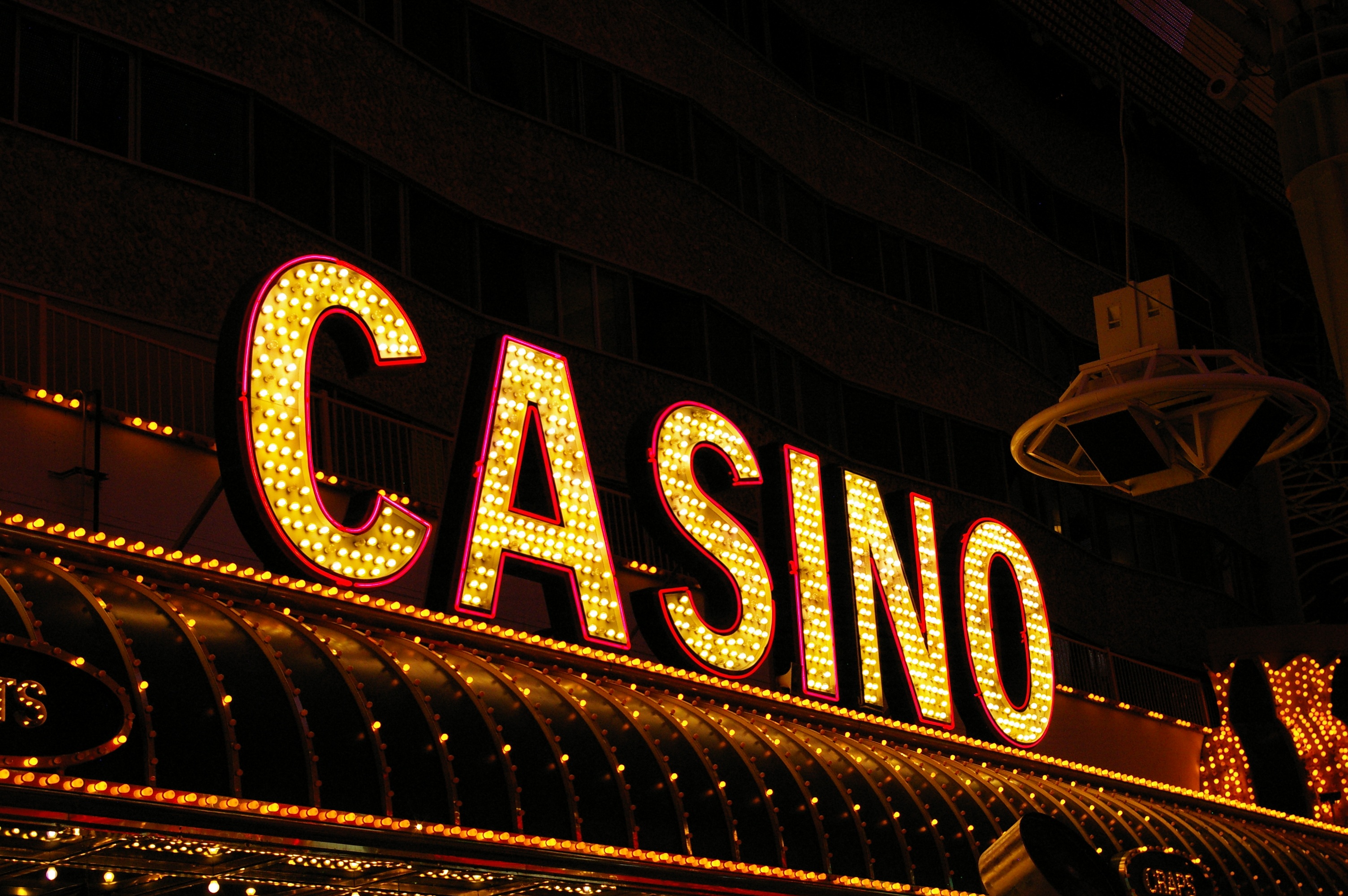
Casino games have long been a significant aspect of human culture, providing not just entertainment but a fascinating reflection of our dreams, wishes, and anxieties. From the spinning reels of a slot machine to the strategic gameplay of poker, these games represent a variety of human emotions and events. At their core, casino games are more than a chance to earn cash; they are a snapshot of life itself, where risk and reward intertwine and luck can change in an eye blink.
As players convene around tables or sit in front of vibrantly illuminated machines, they participate in a ceremony that transcends mere betting. These games echo our innate desires for connection, adventure, and the pursuit of luck. They also disclose deeper truths about human psychology, such as our relationship with chance and the thrill of the unknown. In exploring casino games, we uncover not only the nuances of play but also the intricate pattern of the human journey, showcasing our intertwining narratives of aspiration and reality.
The Mind Behind Gambling
Gambling is intrinsically connected in human psychology, appealing to various feelings and wants. The excitement of taking risks is a fundamental aspect that draws players in, whether the thrill of spinning a roulette or the excitement of drawing a winning hand in a poker game. This adrenaline is frequently likened to other forms of thrill, as the unpredictability of outcomes triggers a unique psychological response. Gamblers often find themselves captivated by the possibility of winning big, leading to an irresistible draw toward casino games.
Additionally, an essential component of the psychology behind gambling is the concept of optimism and aspiration. Participants often indulge in dreams of financial freedom and the opulent lifestyle that can follow winning. casino en ligne This optimism fuels their ongoing participation in gambling, as it provides a sense of meaning and the belief that a life-changing win could be just one wager away. The narrative of overcoming odds and finding success resonates with many, reinforcing their dedication to play and engage with these games.
Finally, social dynamics play a crucial role in gambling psychology. Casino environments are designed to promote social interaction, where players gather to share the experience of wins and losses. This shared aspect not only enhances enjoyment but also influences behavior, as individuals often imitate the actions of others around them. The social validation found in shared excitement can enhance the emotional experience, making casino games a reflection of not just personal desires but also shared involvement within the gambling community.
## The Dual Nature of Risk and Reward
Casino games embody the subtle balance between risk and gain that resonates deeply with human nature. The thrill of placing a bet is often accompanied by a surge of excitement, as participants are confronted with the possibility of winning big, yet conscious of the possibility to suffer losses. This bipartisan experience reflects a core aspect of life: the paths we choose often come with inherent risks, and the pursuit of reward can drive us to take chances we might not normally consider. In this way, gambling activities mirror real-world choices, enticing gamblers to gamble not just their money, but also their aspirations.
The allure of grand jackpots and payouts fuels a sense of optimism, inspiring gamblers to envision a brighter future that could emerge from a fortunate turn of the roulette or flip of a card. This hope can compel individuals to engage in greater risks, urging them to push their boundaries in search of monetary success. However, just as in life, the outcomes of these risks can lead to both victory and failure. The stories of both big winners and those who have suffered everything at the tables demonstrate the unpredictable nature of luck and its significant repercussions on our lives.
Ultimately, the interaction of engaging with gambling activities serves as a potent reminder of the nature of humanity. Every round played is imbued with the tension of risk, as players weigh the gains against the risks. This balance not only highlights the thrill that comes with betting but also reveals the weaknesses that come with the desire for more. As we explore the challenges of choice and results in both the gambling world and in life, we find that the quest for gain shapes our sense of self and experiences in profound ways.
Culture and Solitude in Casino Culture
Casino environment is a distinct combination of communal interaction and individual pursuit, reflecting the tensions of individual experience. Gamblers often come together around games, experiencing in the thrill of the game, celebrating wins, and sympathizing over losses. This communal aspect is crucial, as it establishes a sense of belonging and bonding among diverse groups of people. Regular visitors to gaming establishments may form friendships and develop routines, turning the gambling venue into a second home where they feel connected to a greater community of gamblers.
However, the attraction of casino activities can also lead to loneliness. As players become engrossed in the excitement of gambling, they may withdraw from personal relationships or neglect to interact with the world outside the casino. For some, the pursuit of a windfall can distract from genuine connections, leading to loneliness. The situation of being among people yet feeling solitary is not rare, as the attention shifts from collective fun to the private stakes of each individual’s journey.
This interplay of community and isolation creates a vivid mosaic that defines casino culture. It highlights the complexity of human interactions, where happiness and despair coexist. Gambling venues serve as both a refuge for social interaction and a platform for individual challenges, demonstrating how intimately entwined our desire for connection and the personal quest for fortune can be. In navigating this landscape, players confront their own narratives—seeking both the rush of the wager and the fellowship of fellow players, ultimately reflecting the wider spectrum of individual experience.